June Haver, often remembered as the “Pocket Venus” for her petite frame and classic beauty, left a lasting mark on Hollywood with her musical talents, radiant charm, and devotion to a life beyond the silver screen. Her story is a fascinating blend of glamour, dedication, and a quest for spiritual fulfillment. This article explores June Haver’s life, from her small-town beginnings to her celebrated Hollywood career, and her eventual choice to pursue a quieter, more meaningful path.
From Rock Island to the Stage: June Haver’s Early Years
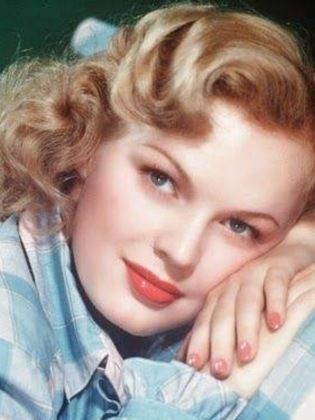
Born June Stovenour on June 10, 1926, in Rock Island, Illinois, Haver was raised in a supportive, music-loving family. Her mother, a music teacher, recognized June’s innate talent from a young age. By the time she was five, June was performing in local concerts, captivating audiences with her voice. Her early exposure to music ignited a passion that would define her career.
June quickly became a local sensation, often performing at talent shows and even hosting her own radio program by the age of eight. She idolized Shirley Temple and emulated her in style, which only helped to endear her to listeners. These early experiences not only developed her vocal skills but also deepened her love for the entertainment world, setting her on the path to Hollywood.
Hollywood Calling: Haver’s Rise to Fame
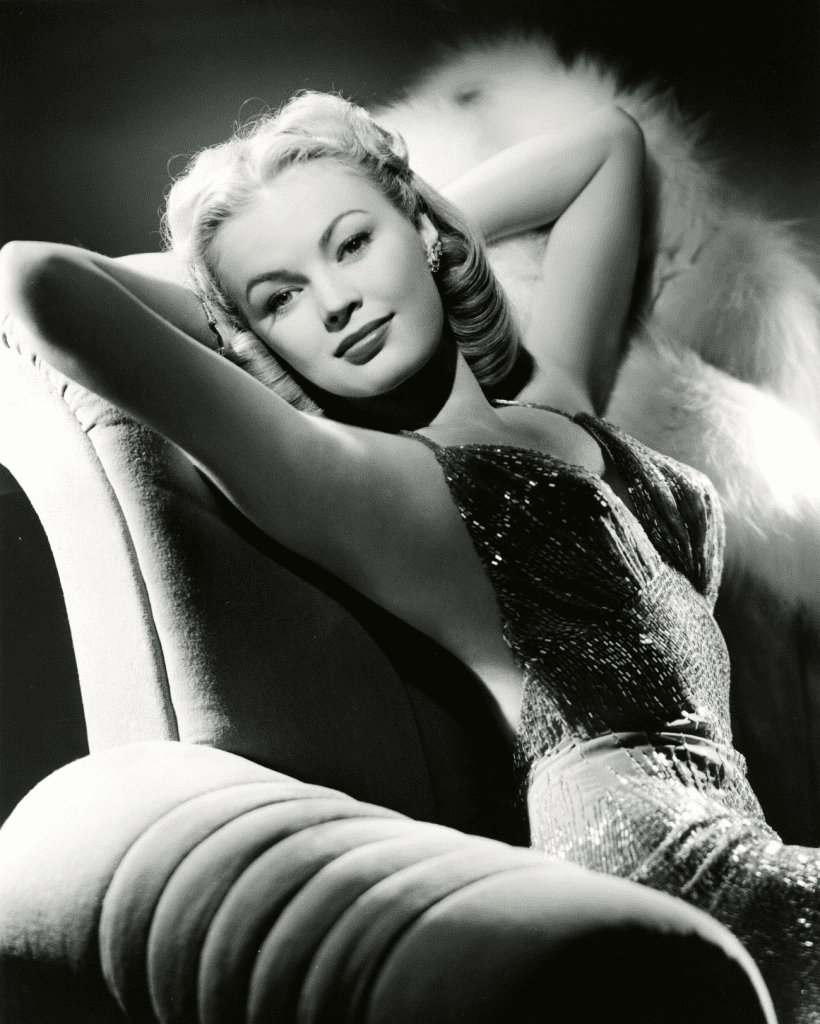
When Haver’s family moved to California during her teenage years, she was closer than ever to her dreams. She studied acting, performed in radio shows, and caught the attention of a talent scout from 20th Century Fox. This led to a contract, and in 1943, Haver made her film debut. She quickly landed her first major role in Home in Indiana (1944), which established her as a fresh new face in Hollywood with her girl-next-door charm and undeniable talent.
Following her breakout role, Haver starred in a series of musical comedies, including Irish Eyes Are Smiling (1944) and Where Do We Go From Here? (1945). Her wholesome image, striking beauty, and musical abilities made her a favorite among audiences, and she soon found herself compared to Hollywood’s top musical stars, such as Betty Grable and Doris Day. Haver’s films were known for their vibrant song-and-dance numbers, colorful sets, and elaborate costumes, cementing her as one of the era’s most beloved musical stars.
The Dolly Sisters and Hollywood Stardom
One of Haver’s most iconic roles came in The Dolly Sisters (1945), where she starred alongside Betty Grable as one of the famous vaudeville sisters. This film was a massive box-office success, showcasing Haver’s talent for both singing and acting, and solidifying her place in Hollywood’s elite. Her performance earned her critical acclaim, and she continued to land starring roles in hit films like I Wonder Who’s Kissing Her Now (1947) and Scudda Hoo! Scudda Hay! (1948).
Haver’s charisma and musical talent made her a staple in the genre, where she brought a warmth and authenticity that resonated with audiences. Despite her growing fame, Haver remained humble and focused on honing her craft. Her dedication earned her respect within the industry, and she became known not only for her beauty but also for her genuine kindness and professionalism.
A Surprising Decision: Pursuit of Spiritual Fulfillment
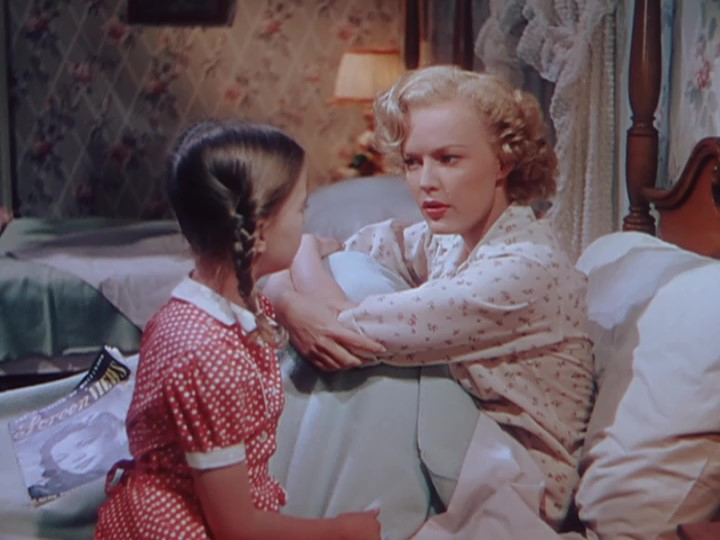
In a surprising turn of events, June Haver announced her intention to leave Hollywood in the early 1950s to join a convent. At the height of her career, she sought spiritual fulfillment, which led her to briefly enter a Kansas convent. This decision shocked her fans and the entertainment industry, as Haver seemed destined for continued stardom. However, her time in the convent was short-lived, and she eventually returned to Hollywood with a renewed sense of purpose.
Her choice to step away from fame to explore her spirituality highlighted her search for meaning beyond the spotlight. While her time in the convent was brief, it reflected her willingness to follow her heart and embrace a different path, a quality that resonated with her fans. Her decision to return to Hollywood didn’t mark a return to the big screen, but rather a transition to a quieter life focused on family and personal fulfillment.
A New Chapter: Life with Fred MacMurray
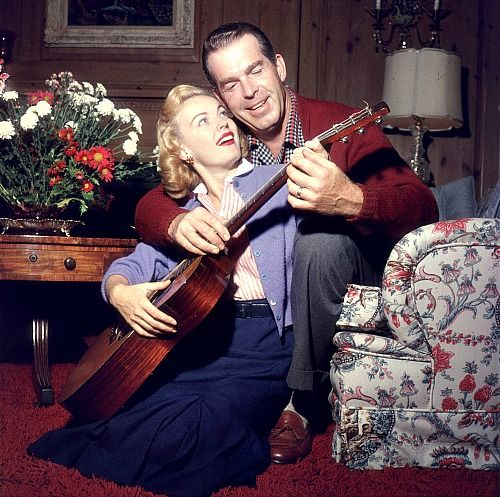
In 1954, June Haver married actor Fred MacMurray, beginning a partnership that would last nearly four decades until his death in 1991. The couple shared a close, loving relationship and chose to lead a private life away from Hollywood’s glitter. Haver became a dedicated stepmother to MacMurray’s two children from his previous marriage, and the couple later adopted two daughters, Katherine and Laurie.
Haver’s life with MacMurray was defined by family, faith, and a shared commitment to giving back to the community. She became involved in various charitable organizations, particularly those focused on children’s health and veterans’ services. This quieter chapter of her life brought her a deep sense of joy and fulfillment, showing a different side of the Hollywood star who once dazzled on the silver screen.
June Haver’s Legacy: A Lasting Impact on Hollywood and Beyond
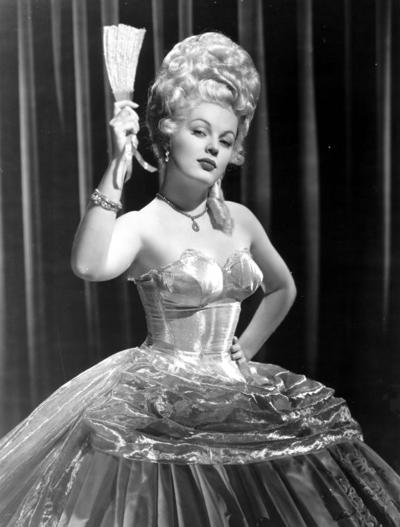
Though her film career was brief compared to other Hollywood icons, June Haver’s impact remains significant. Her roles in musical comedies captured the spirit of Hollywood’s Golden Age, and her beauty, grace, and talent left a lasting impression on fans and colleagues alike. Haver’s journey was one of exploration, as she transitioned from a successful actress to a woman committed to her family and her faith.
Her story exemplifies resilience, integrity, and the pursuit of a meaningful life. Haver’s legacy extends beyond her performances; she remains an inspiration for those who seek to balance ambition with personal fulfillment. As a pioneering woman who dared to follow her heart, she paved the way for future generations, proving that a star’s shine isn’t limited to the screen.
Conclusion: Remembering June Haver’s Remarkable Life
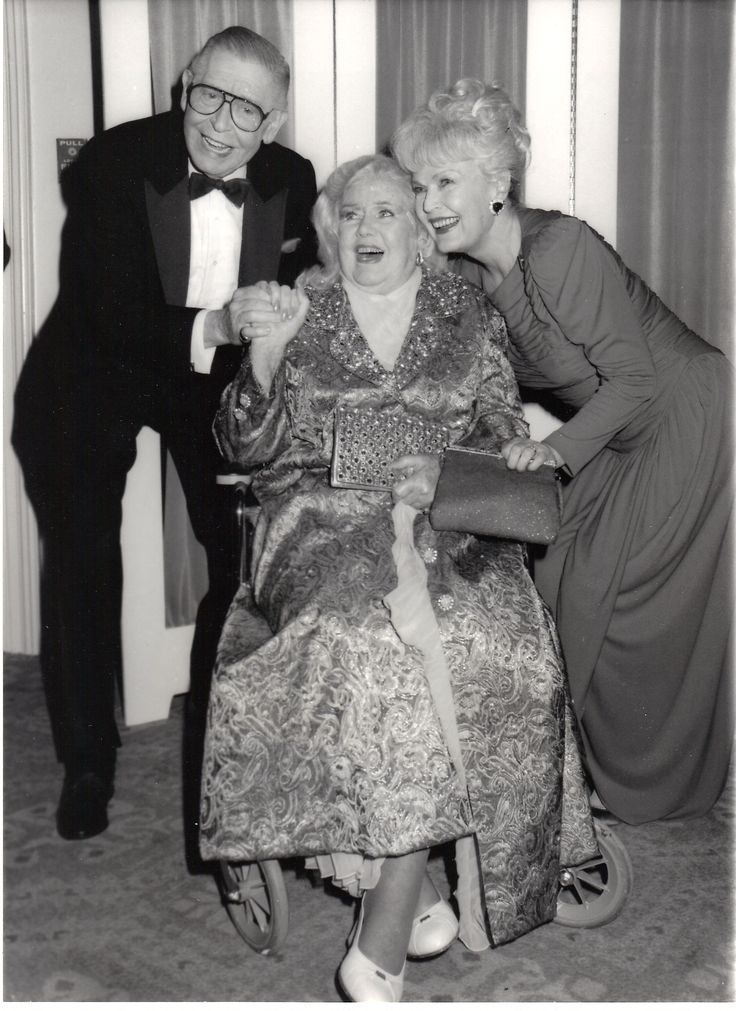
June Haver’s life journey is a testament to the allure of Hollywood’s Golden Age and the timeless appeal of its stars. From her early years as a talented singer and actress to her decision to pursue a quieter, more purposeful life, Haver’s story reflects the enduring power of self-discovery. She brought joy to audiences worldwide with her vibrant performances and left an indelible mark on Hollywood with her grace, resilience, and compassion.
June Haver will always be remembered not only as the “Pocket Venus” but also as a woman who lived authentically and followed her own path. Her legacy lives on through her films, her family, and the countless fans who continue to celebrate her work. Haver’s life serves as a reminder that true fulfillment comes from embracing one’s passions and staying true to one’s values, both on and off the screen.


